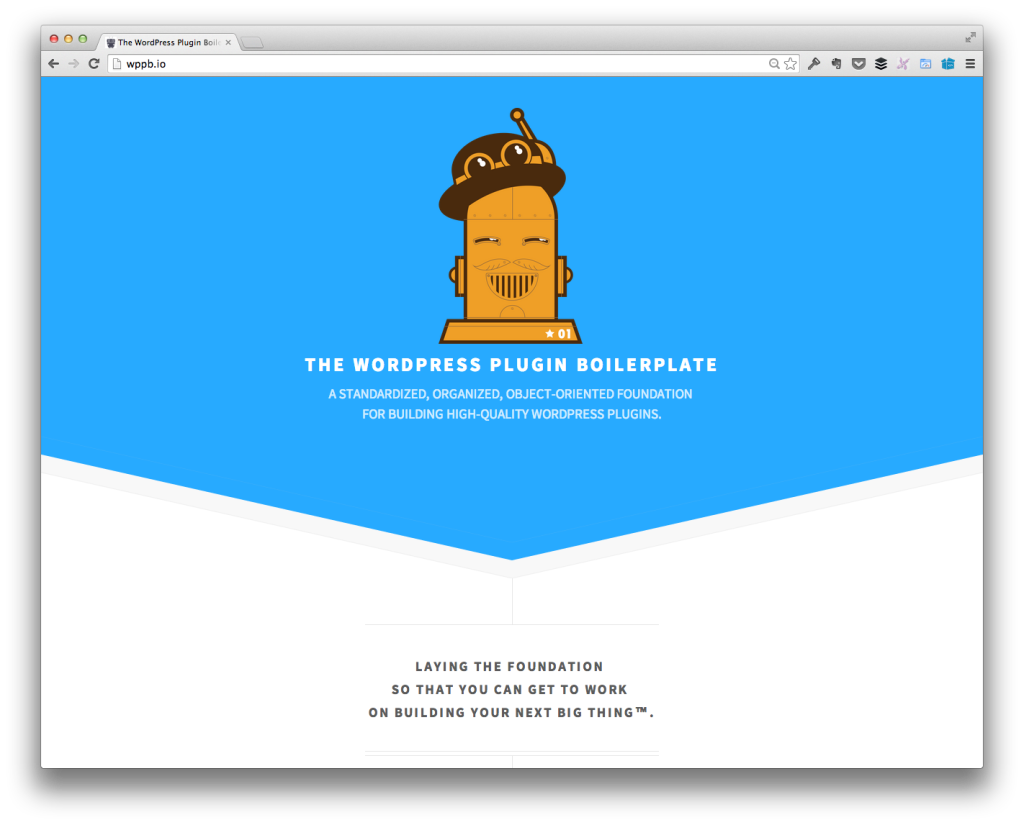If you’re in the business of building themes for fun, for clients, or for purchase within a marketplace or your own store, then there’s a chance that there’s some type of functionality that’s unique to your theme that should be activated whenever the theme is activated.
In my experience, this is something that’s typically unique to niché WordPress themes because they tend to have specific features, customizations, and so on that are relevant to their theme.
Case in point: Let’s say that you’re working on a niché theme that has a number of widgetized areas, but also has very specific widgets for said areas. That is, upon theme activation, you want to make sure that each widgetized area is clear so not to bust up the layout.
In other words, you need to programmatically deactivate WordPress widgets whenever the theme is activated so that the layout of the theme looks as it should when the user activates it.



